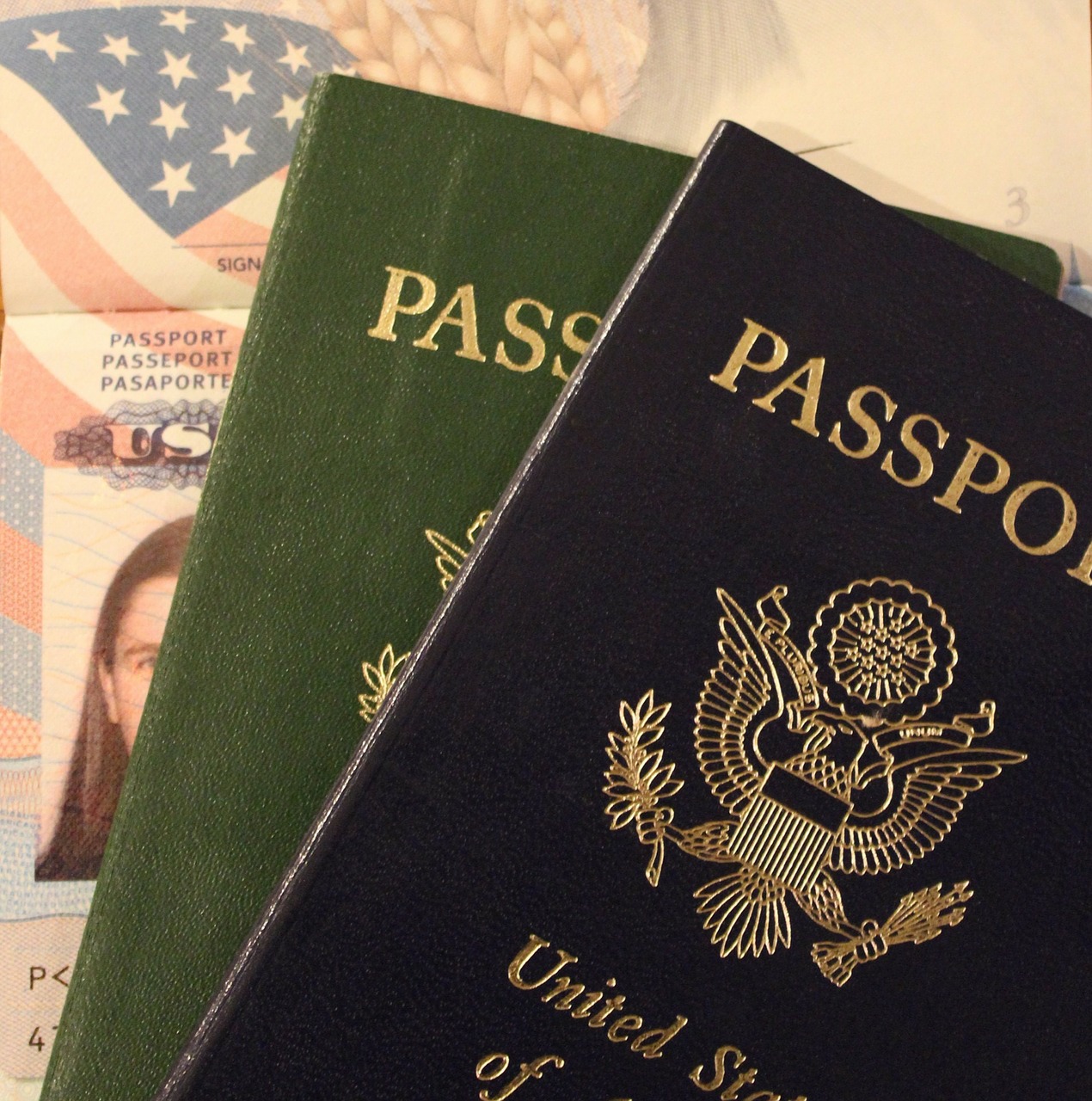Of the 23 players representing Germany at the World Cup, 11 have foreign backgrounds. More than half of the outfield players selected by Joachim Loew were either born outside Germany themselves, or have a non-German parent. The squad has roots in eight different countries — nine when Germany’s included.
According to the most up-to-date figures from the Federal Statistics Office, one in five people living in Germany in 2008 was of foreign descent. From the total of 15.9 million with roots abroad, 2.9 million were from Turkey. Two likely starters for the national team at the World Cup — Serdar Tasci and Mesut Oezil — both have Turkish parents. “A gift for German football,” was how Joachim Loew described Oezil. It works both ways. The sport plays a leading role in a successfully multicultural society today. Germany hopes to reap the rewards with its ethnically-diverse team on the pitch in South Africa.
Lukas Podolski, Miroslav Klose and Piotr Trochowski were born in Poland, and moved across the border as children. All have been part of Germany’s international set-up for years. Youngster Marko Marin was born in war-struck Bosnia-Herzegovina. His parents moved to Frankfurt when he was two, and, when he came of age, Marin decided on a German passport. Mario Gomez was born in Baden-Wuerttemberg, but his father comes from Spain. Gomez is likely to miss out on a place in Germany’s attack, in favour of an in-form Brazilian-born striker nicknamed “Helmut.” More commonly known as Cacau, he was born in Sao Paulo province, and moved to German lower-league football ten years ago. Cacau became a German citizen in 2009, and the call from Joachim Loew came quickly. “I am glad that Germany has adopted me,” he said. “My whole mindset is German.”






